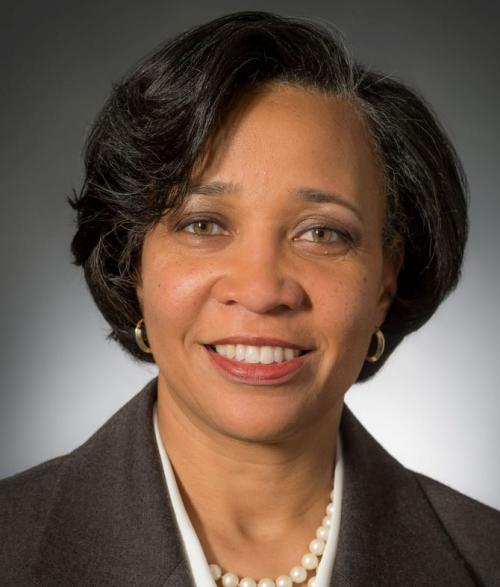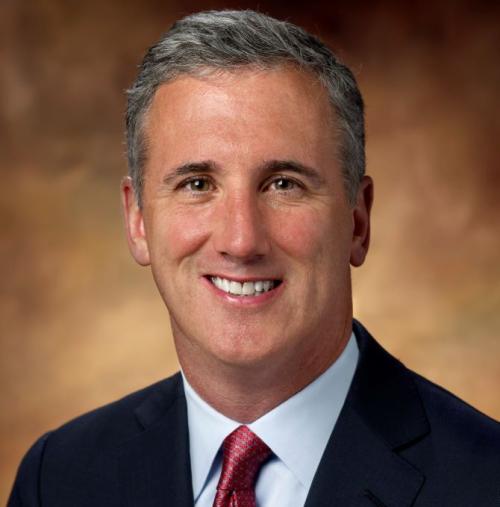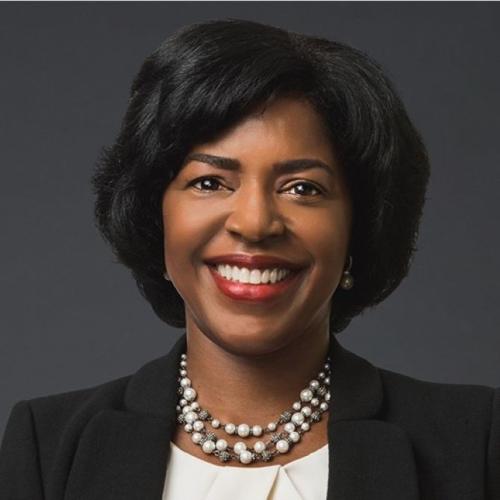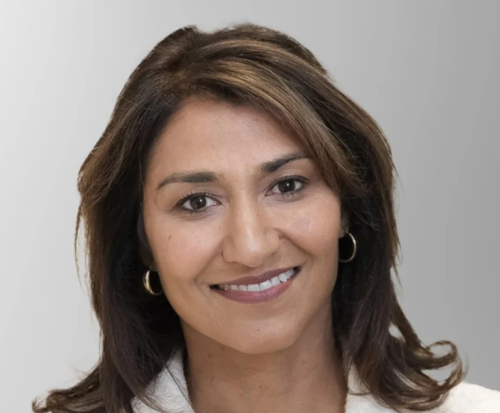Investors demanding more information about political contributions.
Corporate Secretary held its first annual West Coast Think Tank in Palo Alto, California on March 14. Corporate secretaries and general counsel gathered to discuss and learn more about some of the most important issues in governance today.
The first session, entitled ‘Best practices for managing cross-border whistleblower programs post-Dodd-Frank’, explored how different firms deal with the new whistleblower provisions that allow employees or even independent vendors to file a complaint with the SEC. Since last year, the federal watchdog has improved its whistleblower office by making it easily accessible online to employees who wish to inform on executives and other senior managers who may be involved in fraud.
The session discussed the different ways companies can encourage internal reporting and explored various procedures governance professionals have implemented in order to make it easier for employees to voice any concerns they may have about corporate wrongdoing.
‘Under Dodd-Frank, the incentives for whistleblowers and the enhanced protections against retaliation have caused many companies to start rethinking their whistleblower programs,’ said panelist Mike Delikat, a partner at San Francisco-based international law firm Orrick Herrington & Sutcliffe.
Rebecca Peters, senior director of corporate legal affairs at global technology firm Nvidia, explained that at her company ‘we have a procedure for educating every employee about our whistleblower programs, while other companies have set up hotlines.’
Having a 24-hour hotline is very important. For companies that conduct business in foreign countries, hotlines can have systems in place whereby employees can choose their preferred language of communication. And as whistleblower claims continue to rise, one attendee suggested that taking time out to categorize complaints based on the type of complaint would help in a local and international litigation.
To tweet or not to tweet?
Many governance professionals have heard the saying ‘Loose tweets can sink fleets.’ For board members, social media are still new modes of communication that are not fully integrated into their corporate culture. In the second panel, ‘Social media tools and the board of directors’, panelists discussed how companies can better assess the risks and rewards of using social media tools.
Questions were also raised on developing a good social media policy, starting with the right tone at the top.
Joseph Brantuk, vice president of the global corporate client group at NASDAQ OMX, stressed the importance of being ‘reactive versus proactive.’ He said that investor relations, for example, has always been reactive, but nowadays companies need to be proactive because they can tweak what they say in a public forum.
‘Corporate secretaries should remain engaged and help board members navigate through social media, because for the past 18 months the biggest conversations have been about how we should deal with social media,’ Brantuk said. ‘How are we going to interact with this tool and minimize our liability while maximizing our returns and amplifying our message?’
One underlying problem that emerged is that firms are often scared of saying something in a social media setting that could create risks that affect the brand. Fay Feeney, founder and CEO of Risk for Good, said, ‘The board needs to think carefully before it says anything.’
Susan Etlinger, an industry analyst for Altimeter Group, believes education is vital when developing a social media policy. Employees and board members need to understand the impact social media can have on a firm’s reputation.
Communicating ethics and compliance
The third session, ‘Communicating with the board on compliance and ethics,’ featured Reid Bowman, general counsel at ELT, Marie Wilson, senior corporate counsel at Symantec, and Stephen Molen, director of strategic solutions for EthicsPoint. The panelists discussed the importance of a strong relationship between the board and the corporate secretary. As corporate secretaries or general counsel serve as a direct nexus to the board, they can educate its members on responsibility and liability for effective compliance and ethics oversight.
Setting up hotlines to expose ethics violations is an important part of dealing with crucial data for the board. ‘A small percentage of data comes through hotlines,’ said Wilson. ‘Hotlines are a good source of information when detecting tips, but data often need to be tracked, and in future this will be more helpful in litigation.’
While hotlines are important, Molen noted that companies must go beyond them in order to properly prepare the board. ‘It’s important to consider not just hotline data but also what data are important for mitigating risk,’ he said. ‘Today 50 percent to 60 percent of data is coming from different channels like gift and gratuity proposals and conflicts of interest.’
The panelists agreed that regular training efforts are finally paying off as legal departments are hearing more from the board. The use of technology such as board portals is also making it easier for directors to adapt to and understand the type of real-time data being produced.
Bowman emphasized that being flexible, using short modularized training systems and committing to getting the job done were the key elements to remember when implementing compliance training for the board.
Political contributions disclosure
The risks businesses face when it comes to political contribution disclosures are expanding exponentially. The most active session of the day posed the question, ‘Should you be rethinking your political disclosures process?’ During this session, Brad Robinson, managing director of Eagle Rock, Nancy Wojtas, partner at Cooley, and Dan Bross, senior director of corporate citizenship at Microsoft, provided insights into why political contribution disclosures have gained importance for shareholders.
Robinson said investors want more information because they fear larger companies could gain advantages in the marketplace if certain giving isn’t revealed. ‘ISS will be supporting proposals that require transparency,’ he noted. ‘It is important to know that the biggest proxy adviser, and the people who have the most weight individually, are also going to support these proposals unless you have some compliance or procedures in place.’
The panelists felt disclosing contributions up front was the best way to go to avoid the issue escalating into negative actions by large shareholders. ‘At Microsoft we view political contribution disclosures as a governance issue,’ said Bross, whose firm lists all political contributions on its website. ‘We discuss it under our CSR umbrella, which helps when observing what we are doing in this area around transparency and accountability.’
Given the complex nature of federal and state election laws, Wojtas took the opportunity to caution participants not to overreact – and not to think they should have all of the answers right away.








